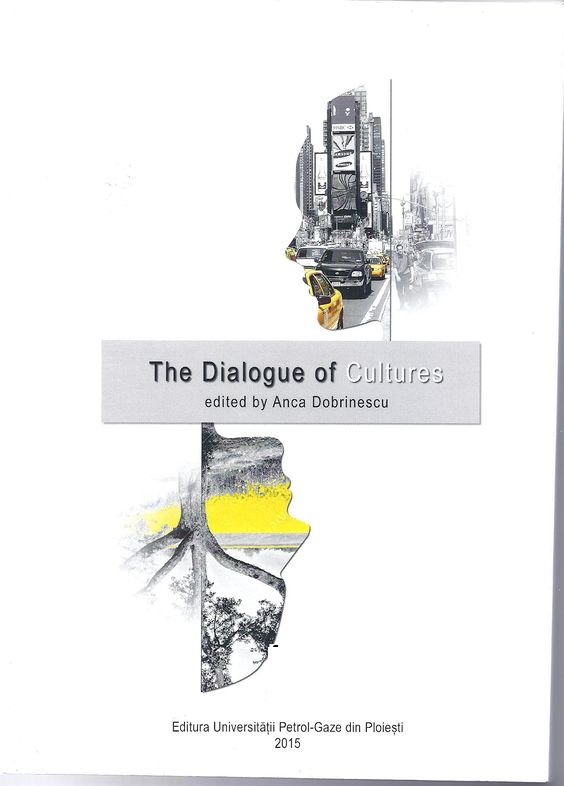The Pragmatics of Verbal Irony
The Pragmatics of Verbal Irony
Author(s): Raluca Elena Colțoiu
Subject(s): Applied Linguistics, British Literature
Published by: Universitatea Petrol-Gaze din Ploieşti
Keywords: verbal irony; conversational analysis; Ulysses; James Joyce;
Summary/Abstract: The speech act theory is closely related to the pragmatic analysis. The way we speak and we use the words constitute a solid material for pragmatics. The context in which a sentence is uttered, as well as the social relation between the interlocutors, are two important aspects when trying to identify and to justify the speaker’s real message and intention. The topic of my thesis is the pragmatics of verbal irony. According to the Oxford dictionary, “verbal irony is the expression of one’s meaning by saying the direct opposite of what one is thinking but using tone of voice to indicate one’s real meaning. Irony is used in order to be amusing or to give something emphasis” (A.S. Hornby, 1995: 632). Thus, verbal irony becomes part of the conversational analysis. Irony enables the speaker to express different attitudes, such as skepticism, mockery or rejection, to an attributed utterance or thought. The exact nature of any humorous utterance is not conveyed directly. The speaker is, actually, pretending to render a real speech act. My study relies on Grice’s cooperative principle and on Levinson’s theories concerning pragmatics. What is more, I will try to identify the signals which lead to an ironic utterance and to establish if there is a connection between irony and sarcasm. These theories about irony will be applied on James Joyce’s novel, “Ulysses”. My analysis will be focused on the type of language used in the text. I will pay attention especially to the dialogue construction. I will also try to pin-point the strategies Joyce uses in order to convey sarcasm, mockery or irony.
Book: The Dialogue of Cultures
- Page Range: 250-257
- Page Count: 8
- Publication Year: 2015
- Language: English
- Content File-PDF

